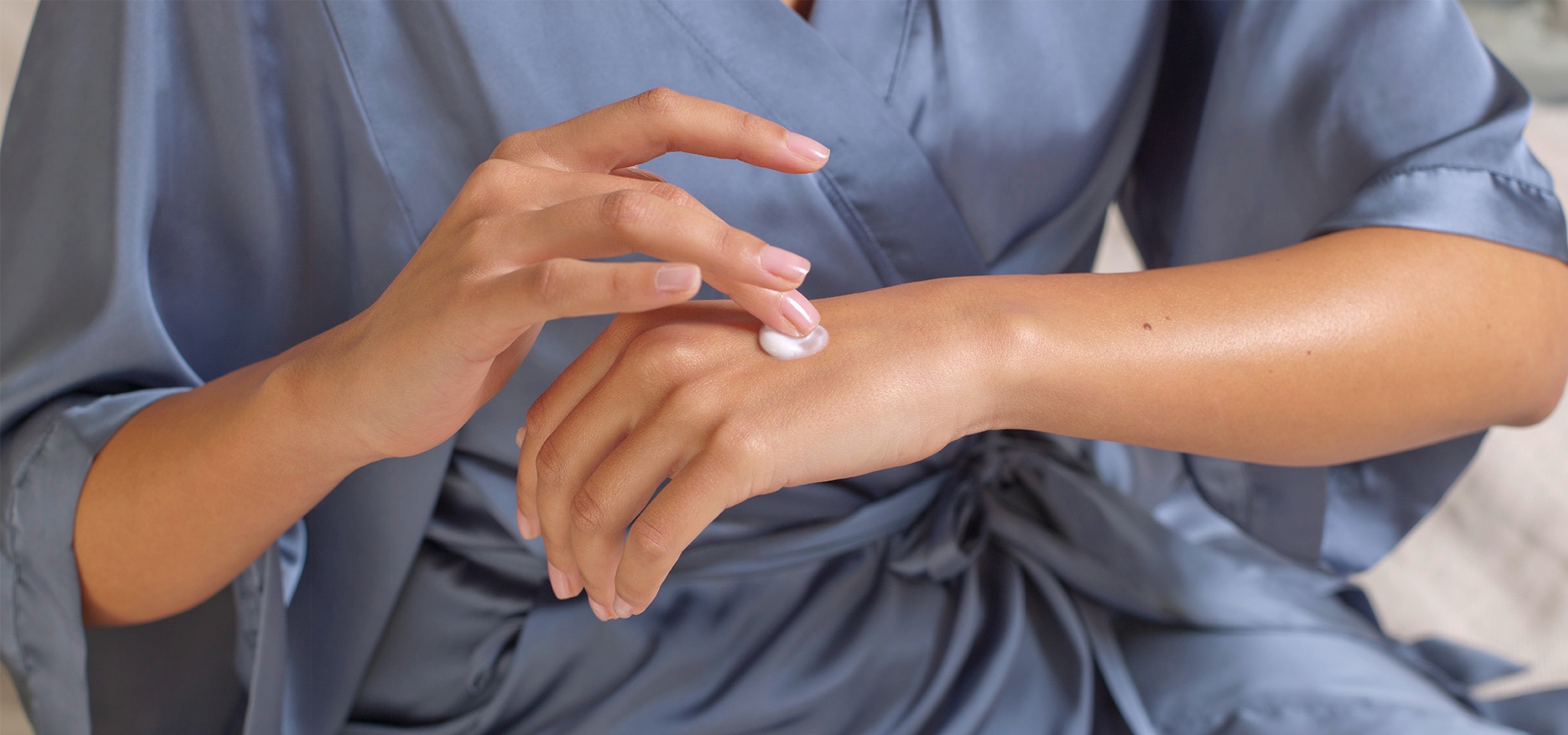How to Moisturise Skin
Drink up
This one’s the obvious method – drink plenty of water. But how much is plenty? Well, there is an effective formula you can try out to work out the amount of water in litres you should be consuming in a day, to ensure your body stays optimally hydrated. Here’s how it goes:
Take your weight and divide it by two. That should give you a number in ounces.
Convert that number to litres, and the answer is the amount of liquid your body needs to maintain its water levels.
Eat to Moisturise
That’s right, some foods contain water, and adding them to your daily meals or snack times can add an extra dimension facet to your body’s water intake.
Here are some of the most water-filled foods:
- Watermelon
- Hydration: Watermelon consists of about 92% water, which can help to keep your skin hydrated.
- Rich in Vitamins: It contains vitamins A and C, essential for skin health. Vitamin C can aid in collagen synthesis, a protein vital for skin strength and elasticity, while vitamin A maintains skin integrity.
- Antioxidant Properties: Watermelon is also rich in lycopene and other antioxidants, which help in fighting free radicals and protecting the skin from UV radiation and pollution, which can lead to premature aging.
- Anti-Inflammatory: It has anti-inflammatory properties, which can help reduce skin irritation and redness.
- Cucumber
- Hydration: Similar to watermelon, cucumber has a high water content, making it great for promoting hydration and aiding in skin moisture.
- Cooling Effect: Its cooling properties can help in reducing skin irritations and puffiness, including under-eye swelling.
- Rich in Nutrients: Cucumbers are rich in vitamins and minerals such as vitamin K, C, and potassium, which can be beneficial for the skin.
- Soothing Irritations: It can help soothe irritations and alleviate sunburn when applied topically.
- Tomato
- Rich in Antioxidants: Tomatoes are a good source of antioxidants, including lycopene, which can protect the skin from harmful UV rays and environmental pollutants.
- Anti-Aging Properties: The presence of antioxidants also assists in reducing signs of aging by fighting free radicals that can lead to wrinkles and fine lines.
- Vitamin C: The vitamin C content in tomatoes aids in collagen production, promoting skin elasticity and firmness.
- Oil-Control: Tomatoes can help in reducing excessive oil production on the skin, assisting in preventing acne and pimples.
- Natural Exfoliation: Applying tomato juice on the skin can work as a natural exfoliant, helping to remove dead skin cells and promoting a fresh, glowing complexion.
Integrating watermelon, cucumber, and tomatoes into your diet can certainly provide your skin with a range of nutrients and benefits, supporting overall skin health and complexion. It's always a great practice to nourish your skin from the inside out through a balanced diet rich in a variety of vitamins and minerals.
Go Topical
We all have our go-to moisturiser – it’s a vital part of any skin care regime and can help the skin fight back against the side effects of increased dryness in a day.
But, depending on your level of dryness, sometimes reapplication is necessary, especially if dry weather conditions are affecting the skin, or if you’ll have to be in the sun for an extended time. A great top tip in this regard is to go portable. Grab your favourite moisturiser and keep it on hand all day for those dryness emergencies where a quick refresh would do the trick.
Reach for any of Dove’s moisturising products, for protection against dryness, that lasts.
It’s that easy to stay hydrated in a day. – A combination of what you put into your body and how you treat your skin from the outside can help your skin keep its radiant glow.
Learn more about our range of body lotions and moisturisers or get tips on how to choose body moisturisers for dry skin. This will help especially in cold weather, and get tips for moisturising your skin in winter.
*within the stratum corneum





